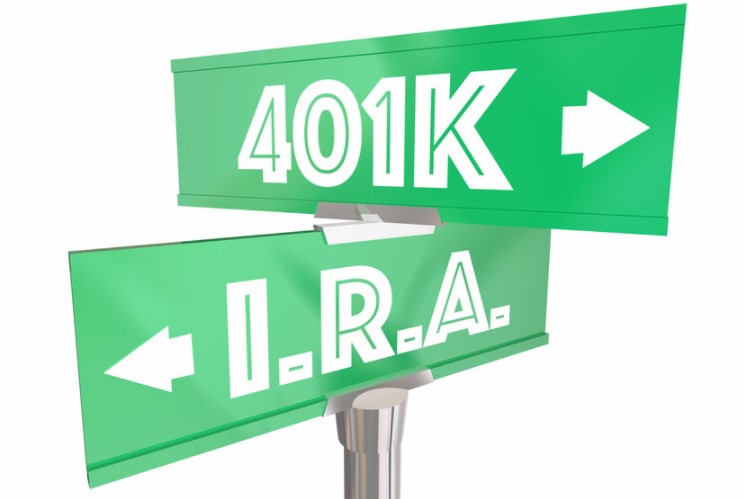Table of Contents
Each 401( k) s and Roth IRAs are well-known tax-advantaged retirement cost savings accounts that vary in tax remedy, investment decision choices, and employer contributions. Each account permits your financial savings to develop tax-free.
to some 401( k) are pre-tax, which means they may be deposited just before your revenue taxes are deducted out of your paycheck. earnings tax charge. Conversely, there is certainly no tax cost savings or deduction for contributions into a Roth IRA. may be withdrawn tax-free when in retirement.
Within an excellent circumstance, you’d have the two by which to place apart money for retirement. buyers ought to be conscious of prior to determining which retirement account functions very best for them.
401(k)
Named right after segment 401( k) from the Internal Revenue Code, a 401( k) is surely an employer-sponsored retirement plan.
To contribute to a 401( k), you designate a part of every paycheck to divert into the plan. These contributions happen just before earnings taxes are deducted from your paycheck.
The investment decision choices amid various 401( k) plans may vary enormously, according to the plan supplier. Usually, plans provide a mixture of mutual cash and trade traded money, which includes a basket of stocks or securities. usually are not taxed by the Internal Revenue Service (IRS).
Here is a fast appear on the pros and cons of 401( k) plans:
Pros
- Employer match.
- Greater contribution limits.
- Taken care of my employer.
Cons
- Much fewer expense choices.
- Necessary minimal distributions.
- Greater charges.
Roth IRA
A variation of standard individual retirement accounts (IRAs), a Roth IRA is about up straight among an individual and an expense agency. Your employer isn’t concerned.
While you create and control the account, your expense options are not constrained to exactly what the plan supplier provides. This provides IRA holders a better diploma of investment decision independence than staff has with 401( k) plans, despite the fact that the costs billed by these suppliers are generally greater.
In distinction towards the 401( k), after-tax cash is accustomed to funding a Roth IRA, which means you will get no tax deduction inside the years you make deposits or contributions. As being an outcome, no earnings taxes are levied on withdrawals in the course of retirement. Although within the account, any expense gains are untaxed.
Under is really a rundown of the pros and cons of Roth IRAs.
Pros
- Withdrawals are tax-free in retirement.
- Much more investment decision options.
- No RMDs throughout your life span.
Cons
- Reduced contribution limits.
- Earnings limits can stop you from contributing.
- No employer match.
